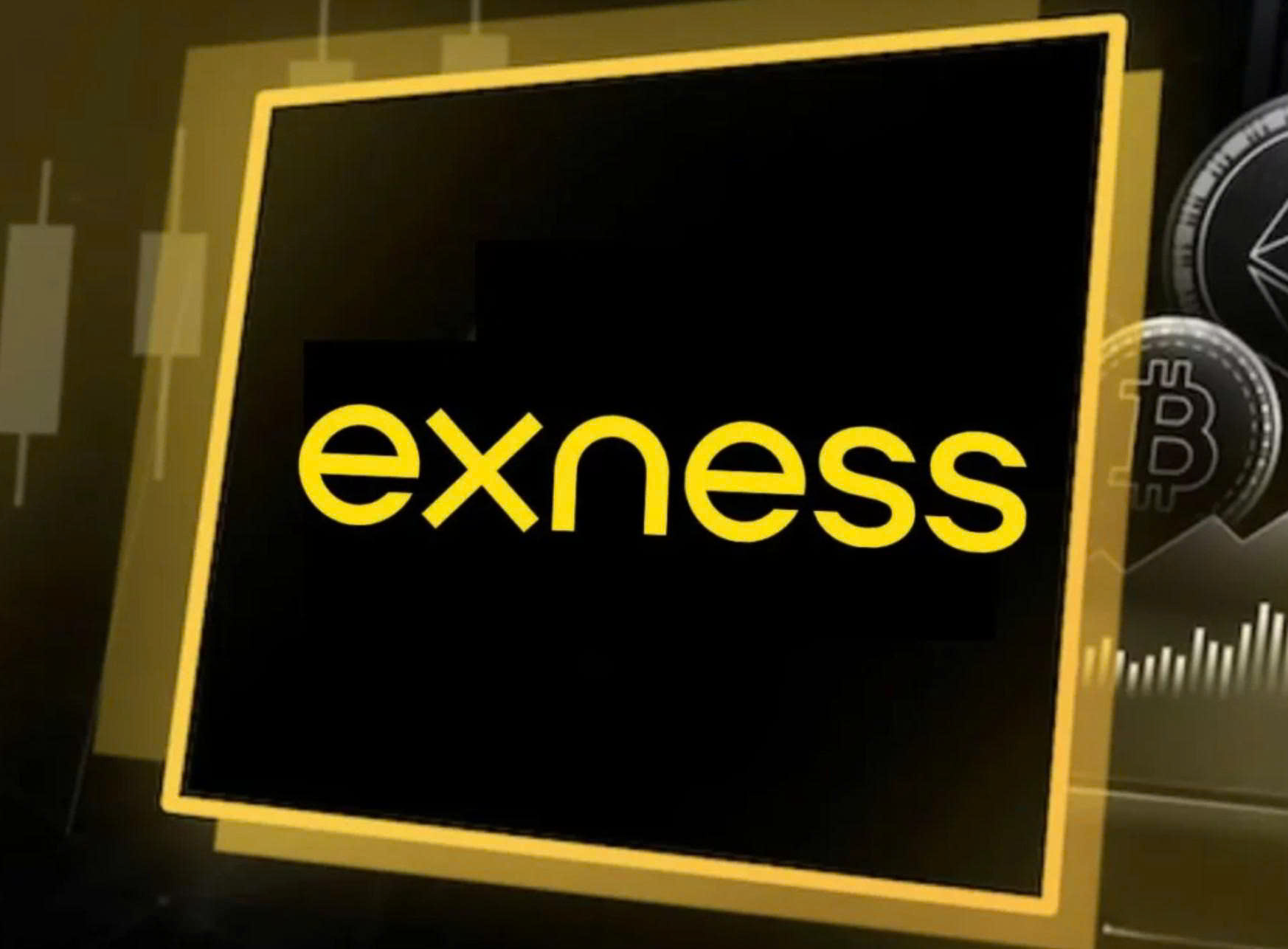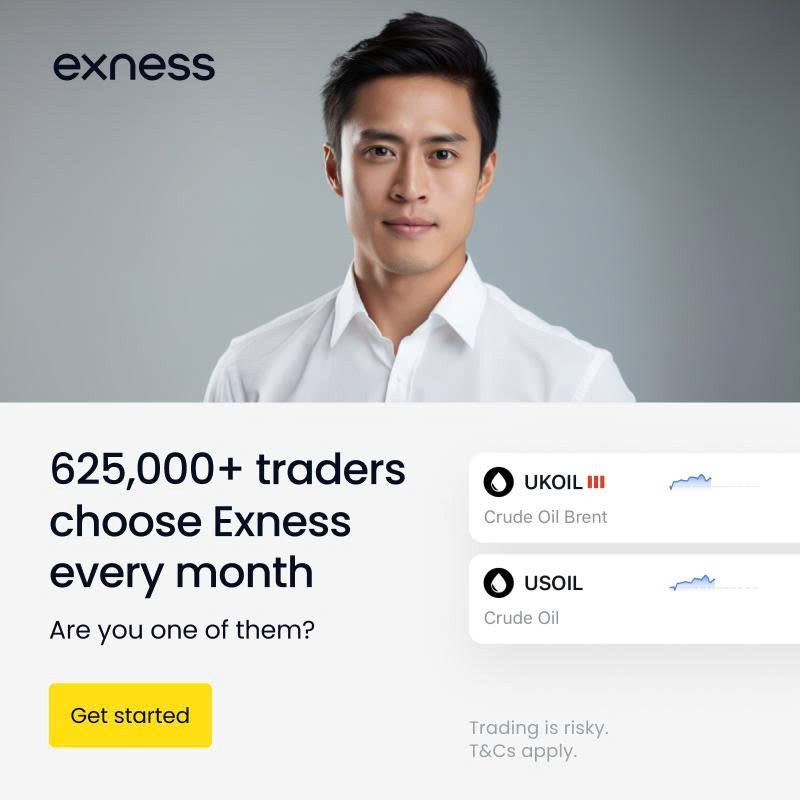
8 minute read
Is Exness Legal in Afghanistan? A Comprehensive Guide
Forex trading has surged in popularity worldwide, offering individuals a gateway to participate in global financial markets. Among the many brokers facilitating this activity, Exness stands out as a prominent name, known for its robust trading platform, competitive spreads, and global reach. However, for traders in Afghanistan, a critical question arises: Is Exness legal in Afghanistan? This article explores the legality of Exness in Afghanistan, diving into the country’s regulatory landscape, Exness’s global standing, and practical considerations for Afghan traders looking to navigate the forex market in 2025.

✅ Trade with Exness now: Open An Account or Visit Brokers 👈
Understanding Exness: A Leading Forex and CFD Broker
Before delving into the legality of Exness in Afghanistan, it’s essential to understand what Exness offers. Founded in 2008, Exness is a globally recognized forex and Contracts for Difference (CFD) broker headquartered in Cyprus. The platform provides access to a wide range of financial instruments, including:
Forex pairs: Major, minor, and exotic currency pairs.
Cryptocurrencies: Bitcoin, Ethereum, and more.
Commodities: Gold, oil, and other assets.
Indices and stocks: Exposure to global markets.
Exness is renowned for its user-friendly platforms, including MetaTrader 4 (MT4) and MetaTrader 5 (MT5), which offer advanced tools for market analysis, automated trading, and fast execution. The broker provides multiple account types—such as Standard, Pro, and Raw Spread accounts—catering to both novice and experienced traders. With low spreads, high leverage options, and a commitment to transparency, Exness has built a reputation as a trusted broker serving millions of users worldwide.
However, legality in forex trading varies by country, and Afghanistan’s unique economic and political context complicates this question. Let’s explore the regulatory environment in Afghanistan to determine Exness’s legal status.
The Regulatory Landscape for Forex Trading in Afghanistan
To assess whether Exness is legal in Afghanistan, we must first examine the country’s financial regulatory framework. Afghanistan’s financial sector is overseen by Da Afghanistan Bank (DAB), the nation’s central bank, which is responsible for maintaining monetary stability, issuing currency, and regulating financial institutions. However, Afghanistan’s regulatory framework for online forex trading remains underdeveloped due to decades of conflict, political instability, and economic challenges.
A Legal Gray Area
Afghanistan does not have specific laws explicitly governing forex trading or online brokerage activities. This creates a legal gray area where forex trading is neither explicitly permitted nor prohibited. The absence of comprehensive legislation means that DAB has not issued licenses to forex brokers operating within the country, nor has it established clear guidelines for individuals engaging in such activities.
Since the Taliban’s return to power in August 2021, the regulatory environment has become even more complex. The Taliban’s governance focuses on enforcing a strict interpretation of Islamic law (Sharia), which impacts financial practices. Forex trading, when conducted without interest (riba), can align with Sharia principles, but the lack of a formal regulatory body overseeing it leaves traders in uncharted territory.
Impact of International Sanctions
International sanctions imposed on Afghanistan since 2021 further complicate the financial landscape. These sanctions, primarily targeting specific entities, limit Afghanistan’s access to global banking systems, affecting payment processing and fund transfers for online trading platforms. However, Exness, as an internationally regulated broker, ensures compliance with global sanctions, which provides a layer of security for Afghan traders.
While the Afghan Central Bank does not explicitly prohibit forex trading, it urges citizens to exercise caution and choose brokers licensed and regulated in reputable jurisdictions. This is where Exness’s global regulatory framework becomes relevant.
Exness’s Regulatory Framework: A Global Standard
Exness operates under strict regulation by several reputable international authorities, ensuring compliance with high financial standards. These include:
Cyprus Securities and Exchange Commission (CySEC): Ensures adherence to EU financial regulations, including client fund segregation and anti-money laundering (AML) protocols.
Financial Conduct Authority (FCA): One of the most respected regulators globally, enforcing stringent investor protection measures.
Financial Sector Conduct Authority (FSCA): Regulates Exness’s operations in South Africa, ensuring transparency and investor protection.
Other regulators: Including the Financial Services Authority (FSA) in Seychelles, the Financial Services Commission (FSC) in Mauritius, and the Central Bank of Curaçao and Sint Maarten (CBCS).
These licenses demonstrate Exness’s commitment to operating with integrity and providing a secure trading environment for users worldwide, including Afghan traders. Unlike some brokers that operate under less stringent regulations, Exness’s robust regulatory framework sets it apart as a trustworthy platform.
However, Exness is not regulated by Da Afghanistan Bank or any local Afghan authority, as the country lacks a specific regulatory body for forex trading. This raises the question: Does this absence of local regulation affect Exness’s legality in Afghanistan?

✅ Trade with Exness now: Open An Account or Visit Brokers 👈
Is Exness Legal in Afghanistan?
Based on available information, Exness is legal for Afghan traders to use, as there are no explicit laws in Afghanistan prohibiting individuals from trading with international brokers. The lack of specific forex trading regulations means that Afghan residents can access platforms like Exness without violating formal regulations.
Exness’s adherence to global regulatory standards ensures it aligns with broader principles of legality in Afghanistan. The broker’s compliance with international sanctions and its robust KYC (Know Your Customer) and AML policies further enhance its suitability for Afghan traders. However, there are important considerations for traders in Afghanistan:
1. Sanctions and Banking Challenges: International sanctions may limit access to certain payment methods or cause delays in fund transfers. Afghan traders should verify available deposit and withdrawal options with Exness’s customer support.
2. Risk Awareness: Forex and CFD trading are high-risk activities. Exness emphasizes that trading involves the risk of losing capital, and Afghan traders should fully understand these risks before participating.
3. Sharia Compliance: For traders concerned about Sharia compliance, Exness offers swap-free (Islamic) accounts that align with interest-free trading principles, making it a viable option for Afghan traders adhering to Islamic law.
4. Verification Process: To confirm whether Exness accepts clients from Afghanistan, traders can begin the account creation process on Exness’s website. If the system allows registration with Afghanistan as the country of residence, it indicates that Exness supports Afghan clients.
Importantly, Exness does not list Afghanistan among the countries where it is banned or restricted from offering services. According to Exness’s official resources, restricted countries include the United States, Iran, North Korea, and several others, but Afghanistan is not explicitly mentioned.
Practical Considerations for Afghan Traders
For Afghan traders considering Exness, here are practical steps and tips to ensure a safe and informed trading experience:
1. Verify Account Eligibility
Start by visiting Exness’s official website exness.com and attempting to open an account. Select Afghanistan as your country of residence during registration. If the system allows you to proceed, Exness likely accepts clients from Afghanistan. For confirmation, contact Exness’s customer support, available 24/7 in multiple languages, including English.
2. Choose the Right Account Type
Exness offers various account types tailored to different trading needs:
Standard Account: Ideal for beginners with low minimum deposits.
Pro Account: Designed for experienced traders with tighter spreads.
Raw Spread Account: Offers minimal spreads for high-volume traders.Additionally, swap-free accounts are available for Sharia-compliant trading.
3. Practice with a Demo Account
Exness provides demo accounts with unlimited virtual funds, allowing traders to practice strategies and familiarize themselves with the platform risk-free. This is particularly useful for Afghan traders new to forex trading.
4. Understand Local Challenges
Due to Afghanistan’s limited banking infrastructure and international sanctions, traders may face difficulties with deposits and withdrawals. Exness supports multiple payment methods, but Afghan traders should confirm which options are available in their region.
5. Stay Informed About Regulations
Although forex trading is not explicitly regulated in Afghanistan, traders should stay updated on any changes in local laws or international sanctions that could affect their trading activities. Exness typically communicates regulatory changes to its clients, but it’s the trader’s responsibility to remain informed.
Risks and Benefits of Trading with Exness in Afghanistan
Benefits
Regulated and Transparent: Exness’s regulation by top-tier authorities ensures a secure trading environment.
Competitive Spreads: Exness offers tight spreads, even during volatile market conditions, making it cost-effective.
User-Friendly Platforms: Access to MT4, MT5, and the Exness Terminal, with mobile apps for on-the-go trading.
Sharia-Compliant Options: Swap-free accounts cater to Afghan traders adhering to Islamic principles.
Risks
Regulatory Gray Area: The lack of local regulation in Afghanistan means traders must rely on Exness’s international licenses for protection.
Sanction-Related Challenges: Banking restrictions may complicate fund transfers.
High-Risk Nature of Trading: Forex and CFD trading carry significant risks, and traders can lose their entire capital.
Alternatives to Exness for Afghan Traders
While Exness is a strong option, Afghan traders may also consider other regulated brokers that operate in similar jurisdictions. For example, Pepperstone, regulated by the FCA, CySEC, and ASIC, is available in 174 countries and may be a viable alternative. Traders should compare licensing, trading conditions, and client protection measures when exploring alternatives.
Conclusion: Is Exness a Safe Choice for Afghan Traders?
In conclusion, Exness is legal for Afghan traders to use, as there are no explicit laws in Afghanistan prohibiting trading with international brokers. Exness’s robust regulatory framework, adherence to global sanctions, and Sharia-compliant account options make it a secure and appealing choice for Afghan traders. However, the lack of local regulation and challenges posed by international sanctions require traders to exercise caution, verify payment methods, and fully understand the risks involved.
✅ Trade with Exness now: Open An Account or Visit Brokers 👈
Read more:

